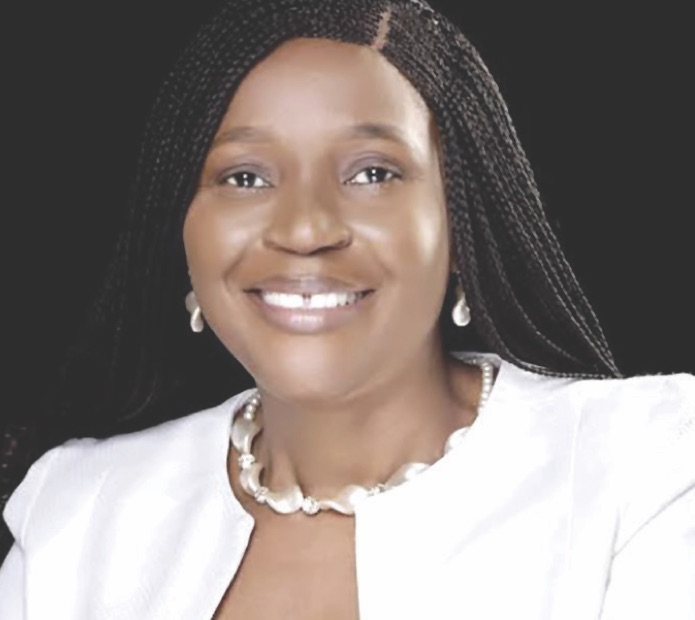By Rapheal
Copyright thesun

Scholars, researchers now consult us for intellectual materials, says Anunobi, National Librarian
From Fred Ezeh, Abuja
The National Library of Nigeria (NLN) said its has reclaimed its rightful place in terms of providing knowledge and materials for scholars and researchers in different fields of study.
National Librarian and Chief Executive Officer, NLN. Prof. Chinwe Veronica Anunobi, said in Abuja: “In line with global trends, we have started digitising our collections and making them available to the public in an easier to access mode. For some of the materials that are encumbered, they have open access, while those that are copyrighted and are encumbered, we have restricted their access. Though, we are yet to acquire all the required digitisation scanners, but we have started the process.
“Following the digitisation and with some available Nigeriana in electronic format, we have launched the National Repository of Nigeria (NRN), leveraging on information technology to make things more convenient for the public, provided access points (computer and Internet), real-time and in our branches for those without PCs.
“We are pursuing this from two angles; our indigenous materials through the NRN and subscription to global databases, making them available to our users. We will also explore the possibility of making a universal subscription on behalf of all and then give them domestic access, according to their areas of need.”
She disclosed that NLN has phased out the card catalogues in its services and replaced it with a unified Online Public Access
Catalogue (OPAC), providing bibliographic access to all materials housed in the National Library, regardless of location:
“Also as part of our Virtual Library Services, we have created the newspaper locator through which National Library users will confirm the availability of newspapers, by date of publication and its location and go for it whether for research, or certification. Similarly, we have acquired a Linked Data ID, the first library in Africa to do so.
“One of the cardinal focus of our strategic plan is the provision of wider reach of information and bibliographic services to Nigerians. We have explored ways of reaching those outside the state capitals, most especially the vulnerable, notably, internally displaced citizens, those in Correctional Custodial Centres, and those in the remote areas of our senatorial districts.
“We have set in motion a programme termed, Documentation of Family History in Indigenous Languages, where families and communities will be encouraged to document their biographies, preferably in indigenous languages. By so doing, we would have enhanced literacy and preserved in print form, our cultural
heritage, which is going extinct.
“NLN serves as the nation’s memory, and it’s done by bringing into the fold some of the cherished and rich heritage that the country is losing to modernity. Whether they are in oral or material forms, we collate and preserve them, as much as we can. We are reaching out to the custodians of such resources, namely, the traditional institutions, government institutions, and families, to see how we can achieve this.
“Readership Promotion Campaign, which is a flagship programme of the NLN which has been done over the years across the country, has yielded the desired result, stressing that the momentum is being sustained for improved results. By way of encouraging readership in schools, we are collaborating with with schools and facilitating the establishment and management of reading clubs. By so doing, we shall be cultivating a reading culture geared towards building an informed citizenry.
“This is motivated by a preliminary discovery that aside the schools in the Federal Capital
Territory, many other schools do not observe library period as part of their curriculum.
“We have done everything within our means to make life and working conducive for the workers. We have procured and maintained buses for easy movement of staff within and outside Abuja. We have also provided financial incentives, health insurance, and other welfare packages that are within our reach to the workers. But we need the support and collaboration of the workers to achieve more.”